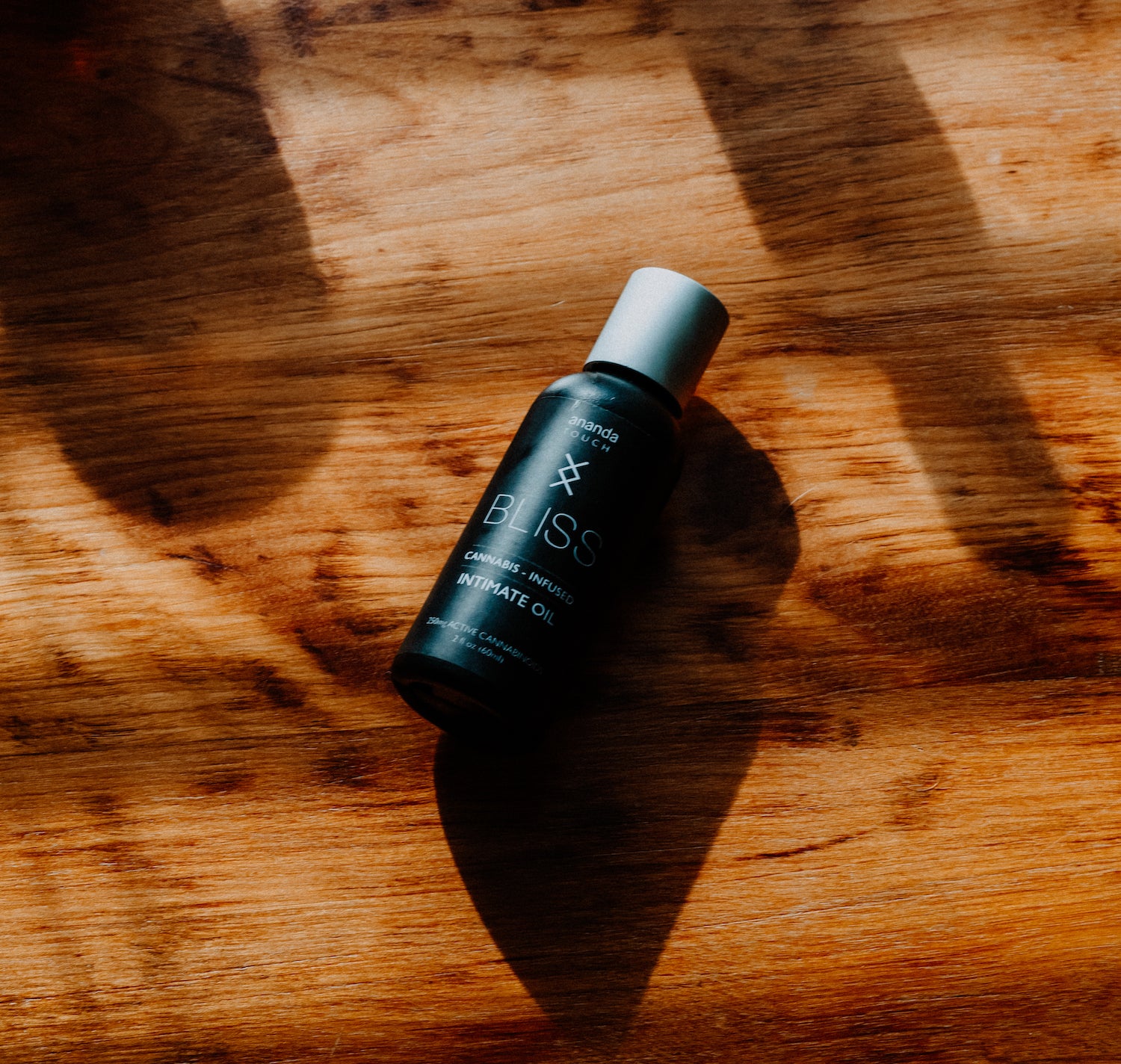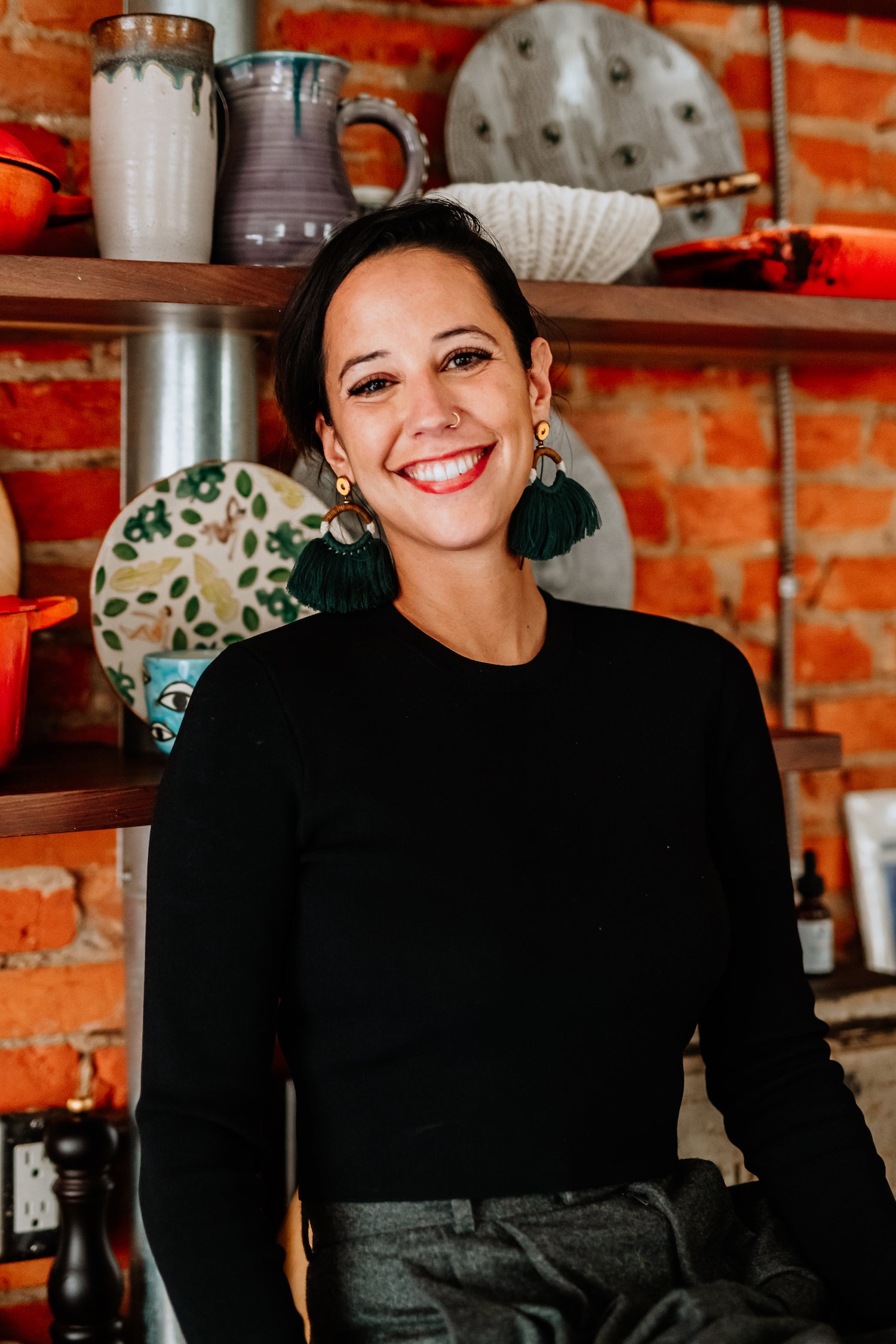
The cannabinoid expert (and brains behind our formulations) on the opioid crisis, terpenes, and getting a doctorate in weed.
AS TOLD TO GOSSAMER
I originally studied neuroscience and was pre-med in college, but I was hesitant to go to med school. This was during the recession and I wanted to do family practice, but every family practitioner I talked to seemed pretty miserable. It also felt like that was just what my parents always expected I would do.
Instead, I took some time. I went into business consulting. I enjoyed that, but as I said, it was the recession so I saw a lot of people get laid off. That was pretty striking and made me realize that I wanted to do something I really cared about—something that was going to make me happy and also have some job security.

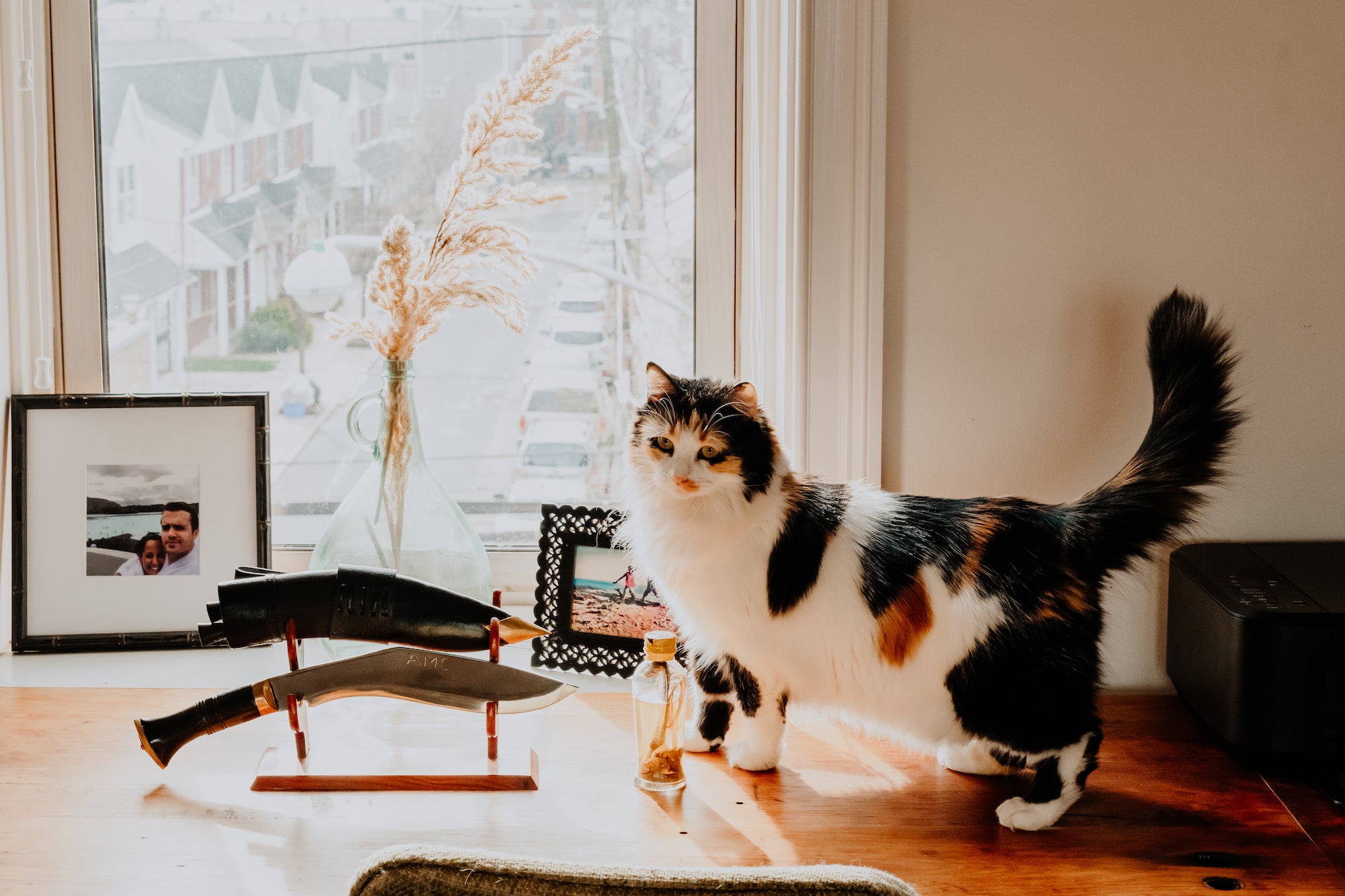
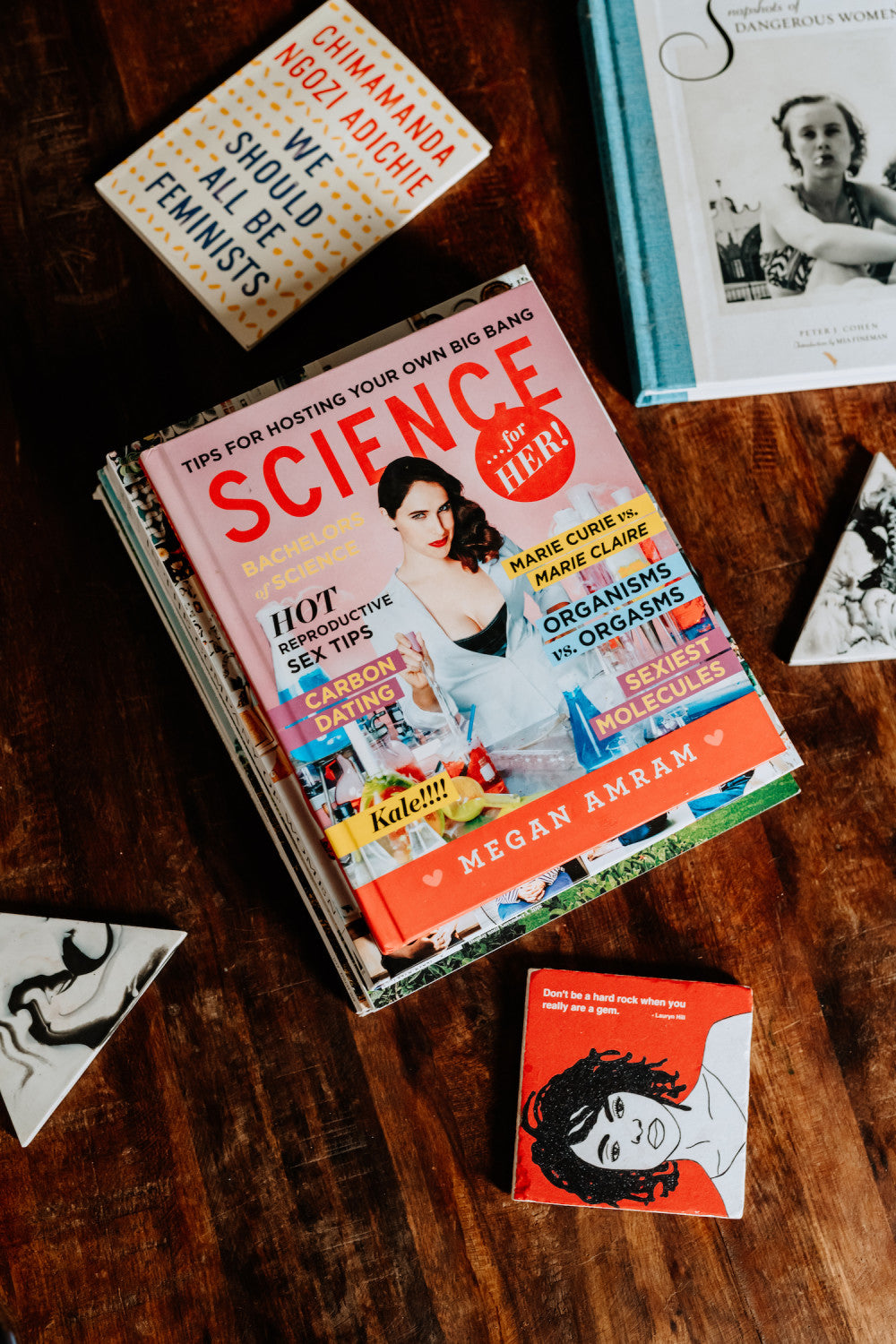
I was able to be the first student—the guinea pig.
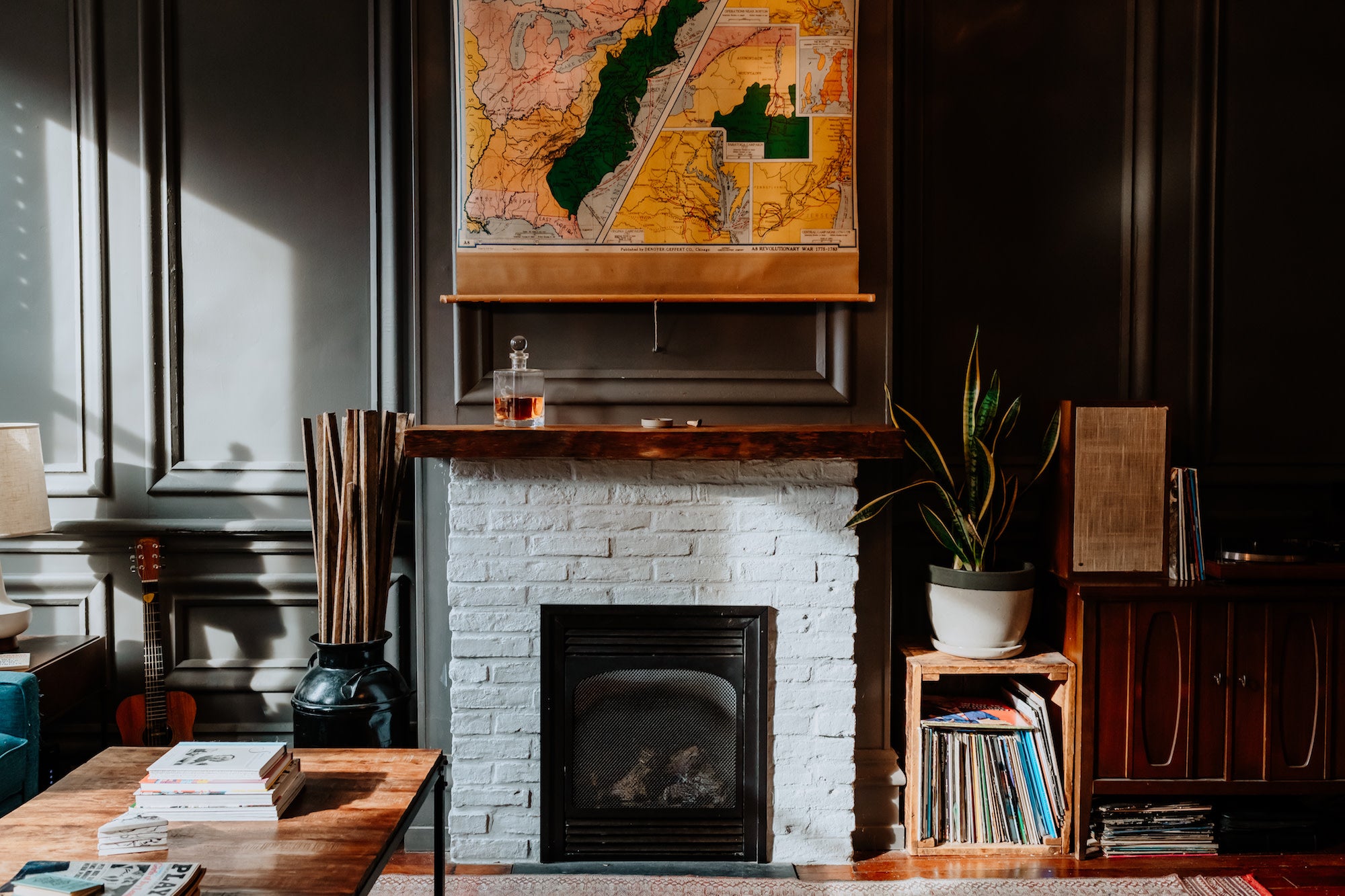
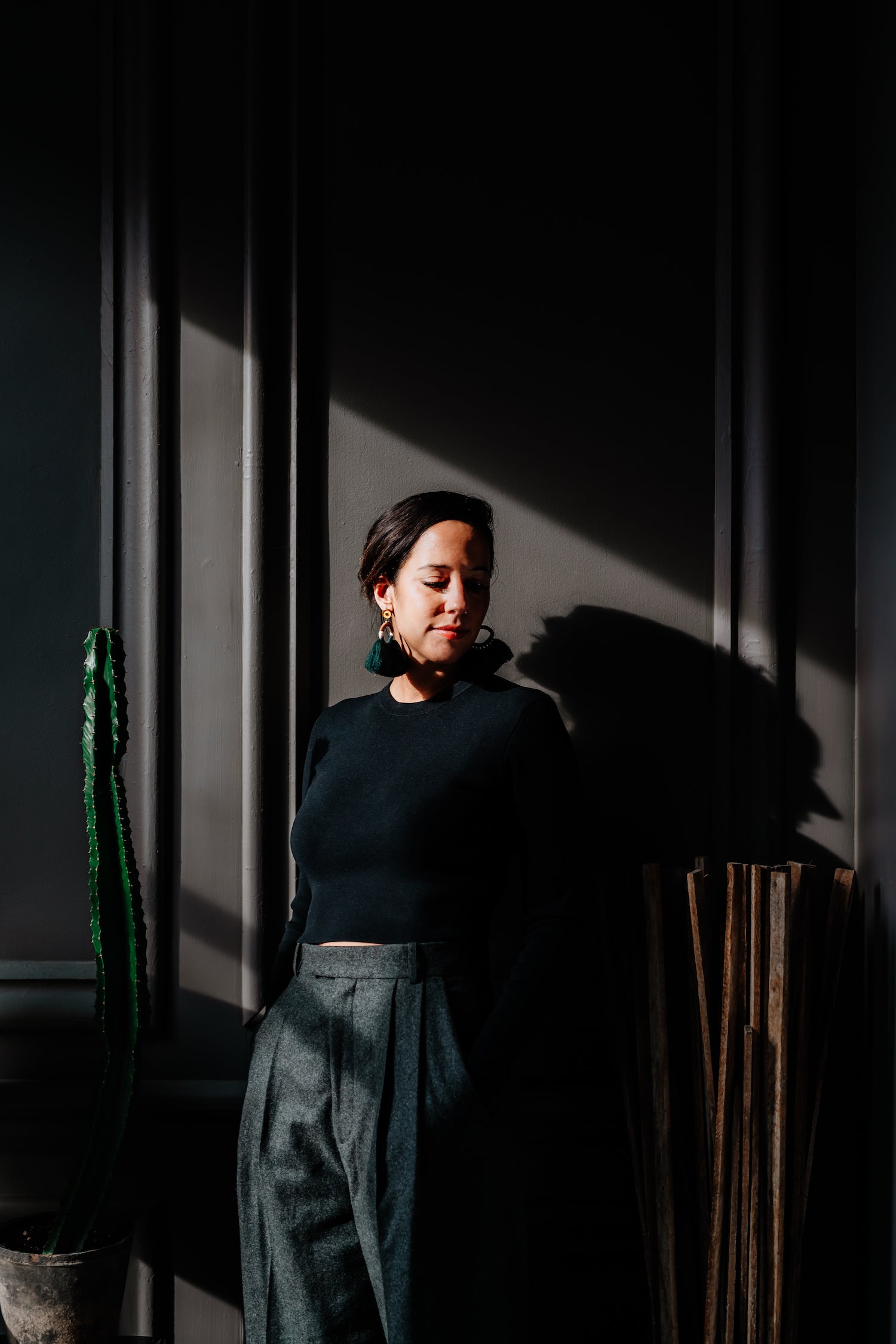
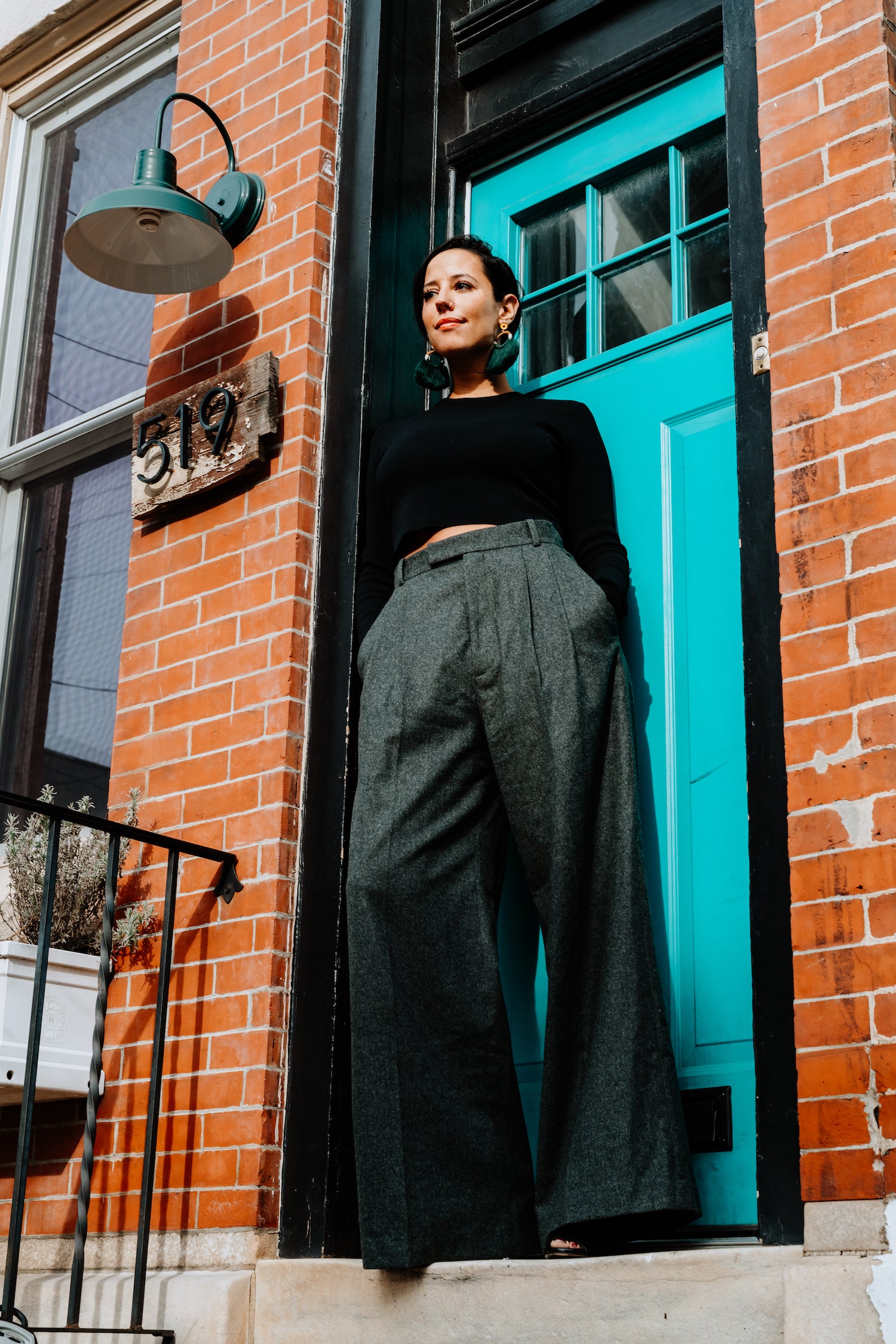
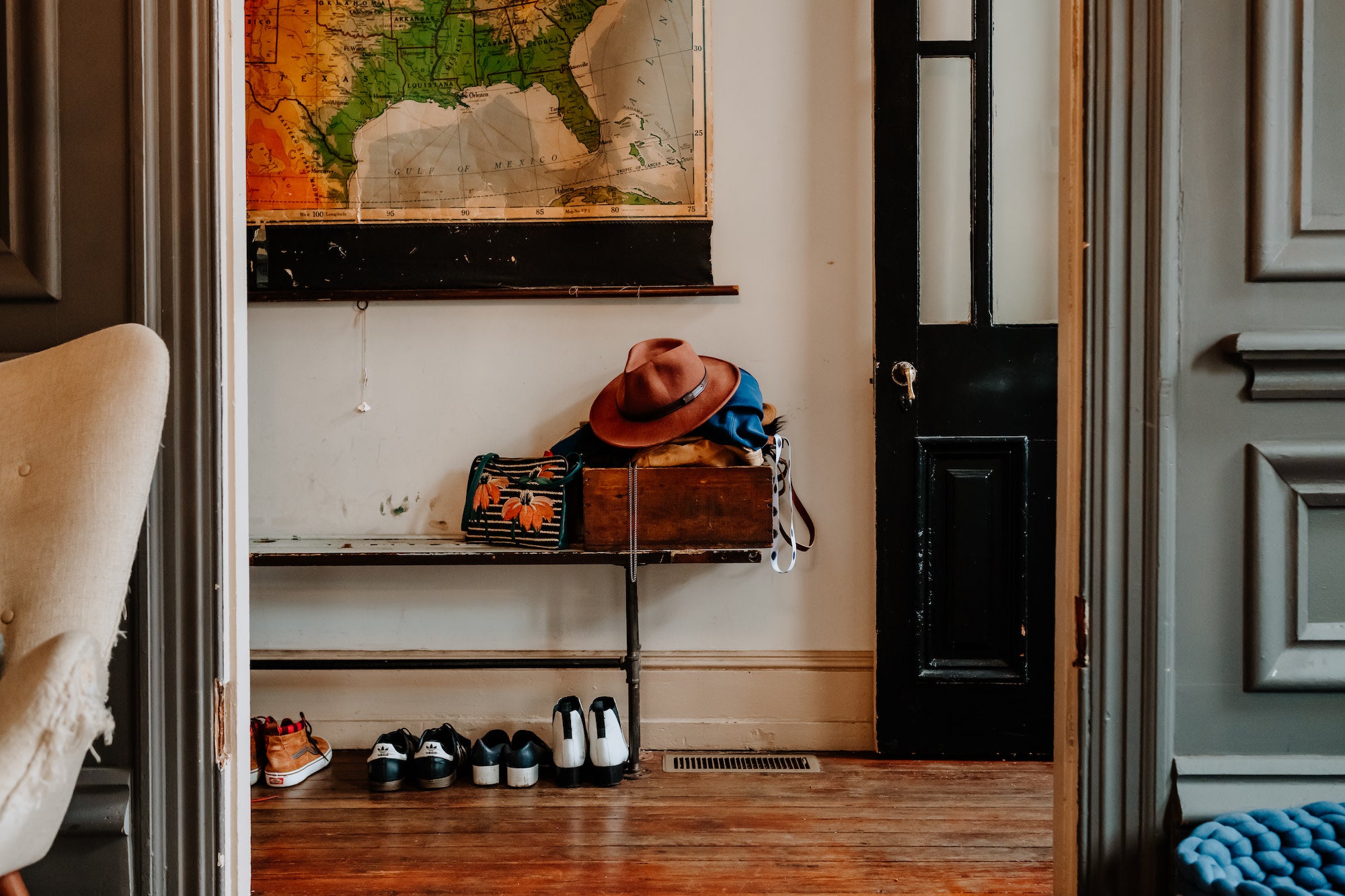
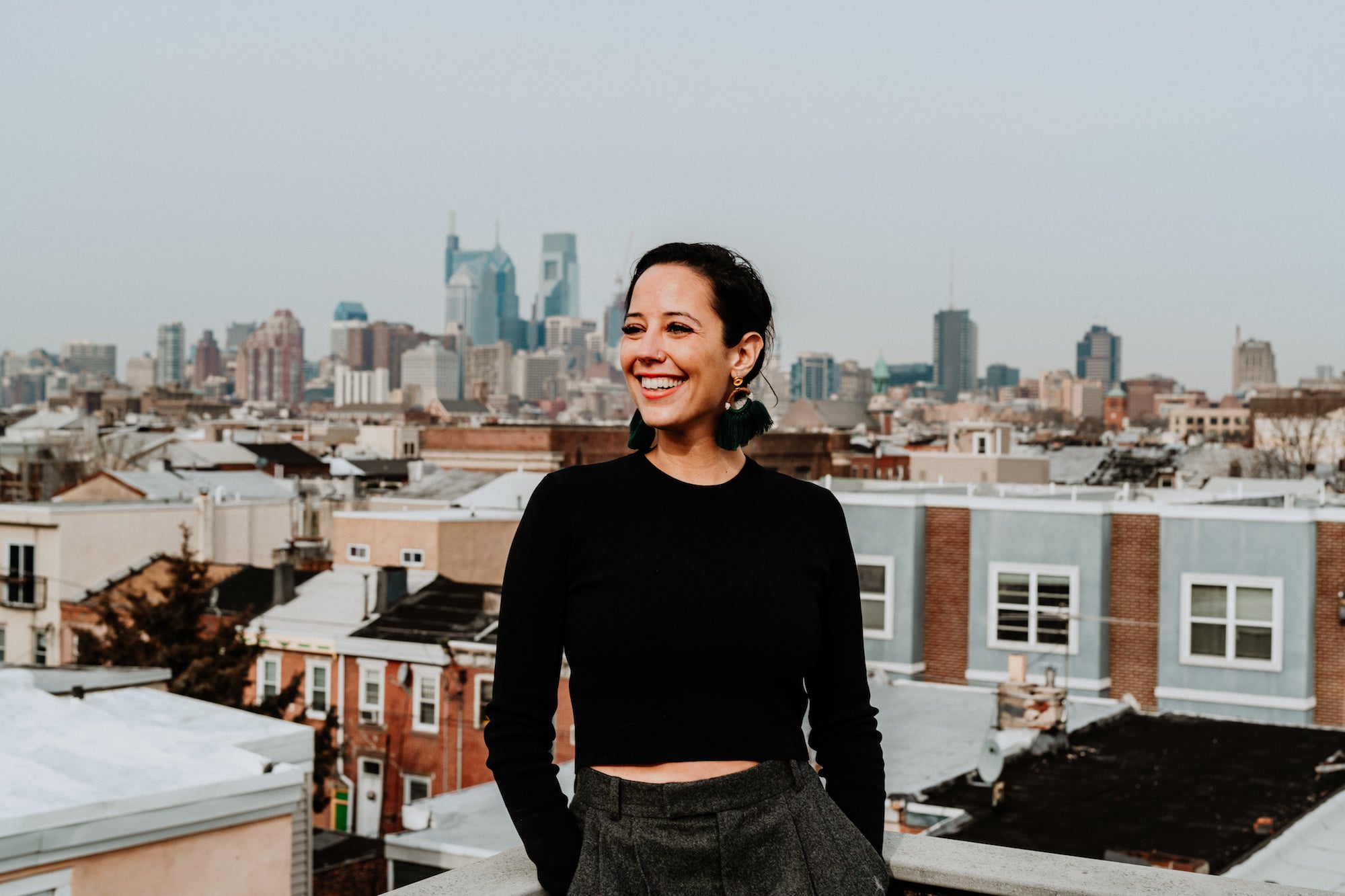
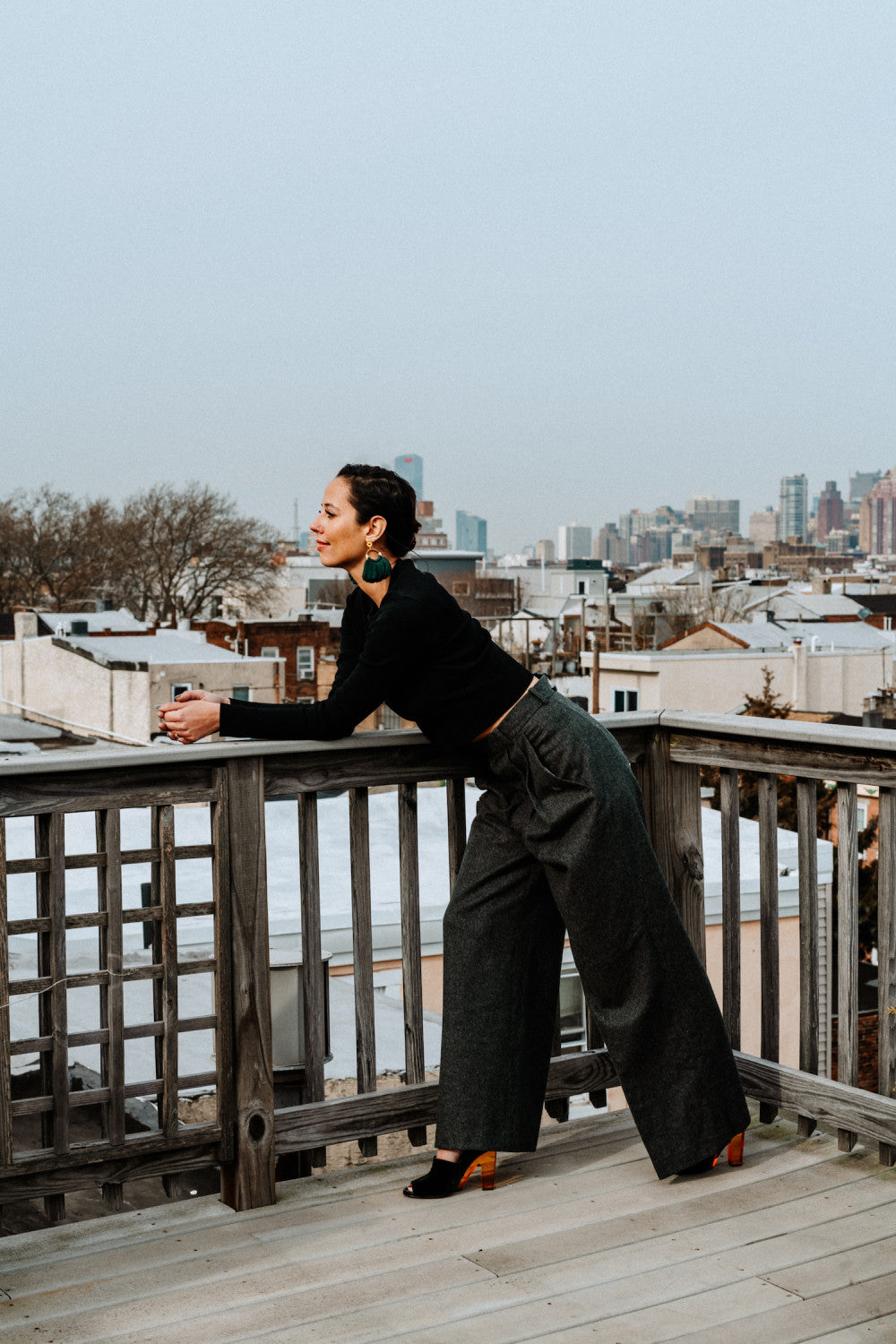
I think terpenes are finally starting to get their day in the spotlight.
